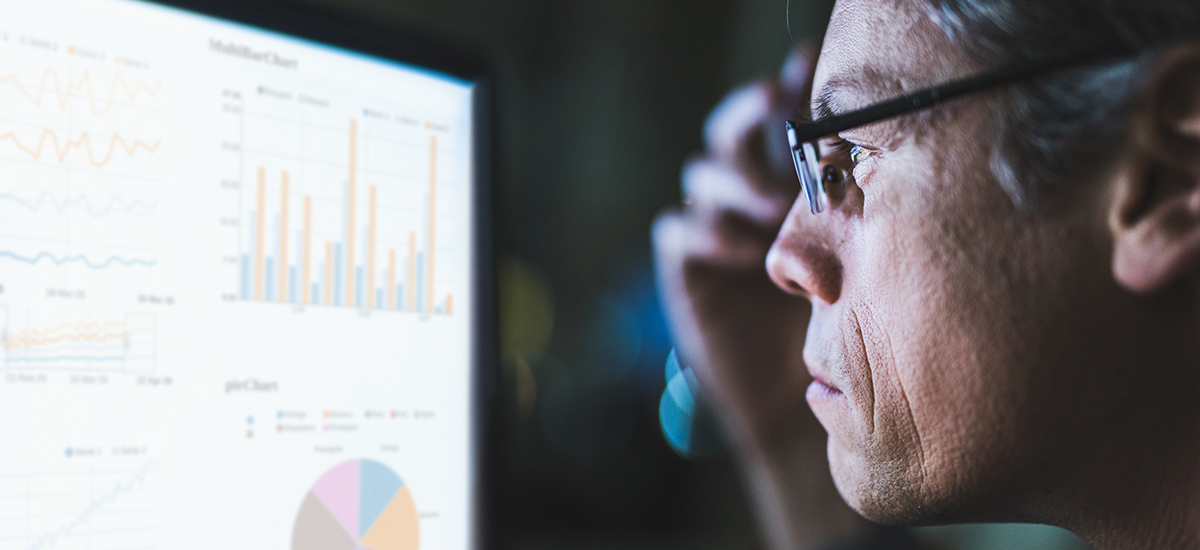Blue Light: Too Much of a Good Thing?

By Dr. Billy Thompson
Independent Doctor of Optometry
Have you heard about blue light in the news recently? Blue light is light in the visible spectrum with a wavelength of around 400-490 nanometers, which is sometimes referred to as high-energy visible light (HEV). It’s a naturally occurring part of sunlight and essential to the regulation of circadian rhythms – the body’s natural wakefulness and sleep cycles.
So, What’s a Nanometer?
A nanometer (NM) is one-billionth of a meter (yep, crazy tiny). Most human eyes respond to electromagnetic radiation at wavelengths between 380-700 nanometers. This range is called the “visible light spectrum,” or more commonly just “light.”
However, when too much blue light reaches the retina – the inner lining of the eye – it can increase the risk of retinal damage similar to macular degeneration and contribute to eye strain and fatigue.
What is Macular Degeneration?
Inside, on the back layer of your eye, the retina records images you see just like a camera and sends them to your brain for decoding via the optic nerve. This amazing process happens in a split second! But macular degeneration is a deterioration of the macula – the retina’s center – which helps you focus, read, drive a car, recognize faces and colors, and see objects in fine detail.
Although we’ve yet to determine how much blue light is too much, it’s reasonable to be concerned about increased exposure through digital devices. Computer screens, cell phones, and other digital devices continuously emit blue light, which has been shown to increase eye strain and fatigue, a condition known as digital device eye strain.
Since these devices are now a constant in our lives, it’s important to carefully evaluate the risks. Blue light exposure 1-2 hours before bedtime has been shown to alter the body’s circadian rhythms, reducing restfulness and sleep.
If stopping digital viewing long before bedtime isn’t practical, consider adding blue light protection.
Book your eye exam at For Eyes
Have you had your annual comprehensive eye exam? Schedule an appointment with an Independent Doctor of Optometry at your local For Eyes.
Coatings that block blue light are available for your glasses, as well as filters for screens. Contact lenses, though, do not block blue light. If you wear contacts, there are options such as nonprescription glasses that offer blue light protection.
Remember, a certain amount of natural blue light from sunshine is essential and necessary, but with today’s level of digital device viewing, you may be getting too much of a good thing. Consult your Optometrist today to discover how to keep your eyes safe.







